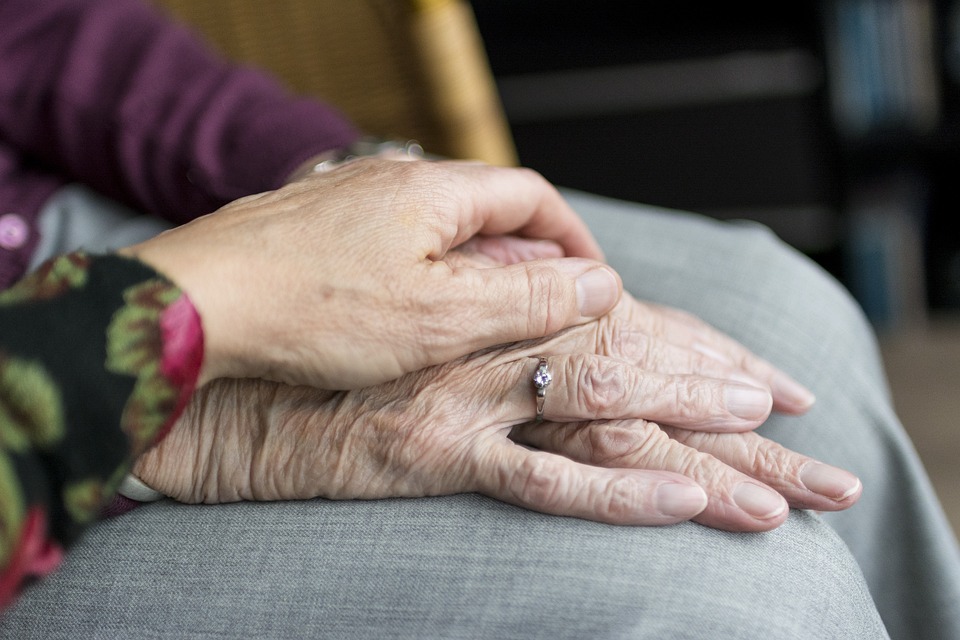The Royal Australian College of General Practitioners (RACGP) has launched updated clinical guidelines for the care of older people – for the first time covering issues such as elder abuse and concerns in the care of older marginalised groups.
RACGP aged care clinical guide (Silver Book) Part B, released Wednesday 15th January, is significantly expanded in scope and content from past editions, having first been developed 20 years ago.
RACGP President Dr Harry Nespolon said it was an important update to the Silver Book – the go-to guide for GPs caring for older people across Australia.
“GP’s have a critical role in ensuring the health and wellbeing of older people; they are at the frontline of care and we know they’ll be caring for older people more and more into the future.
“Statistics show that already, more than one in three GP–patient encounters are with people aged over 65 years, and the proportion of people aged over 65 will more than double in the near future.”
Dr Nespolon said it was vital to ensure access to high-quality care for Australia’s aging population.
“The RACGP’s last General Practice: Health of the Nation showed that people visit their GP much more frequently as they get older – we need a clear strategy for the future of GP services, so people can continue to access high-quality care.”
Associate Professor Dr Mortin Rawlin, who chairs the RACGP’s review of the Silver Book, said the expanded guidelines would make a big difference in patient care.
“This is the first edition of the Silver Book to include practice points on issues like elder abuse and for marginalised groups, such as older LGBTI people and those living with disabilities – it’s a world class framework to guide GPs, so older people get the care and support that is right for them.
“We know what needs to change. The Royal Commission into Aged Care and Quality Safety highlighted the issues in aged care and unique concerns of marginalised group.
“For instance, the World Health Organisation estimates the rate of elder abuse in countries like Australia at between 2% to 14%.
“And we know that the historical pathologising of older LGBTI people’s bodies and relationships continues to adversely affect their health and wellbeing.
“But there is a huge opportunity for GPs to make a difference – they have a central role to play in creating a more inclusive environment for all, and in doing so promoting health and wellbeing for everyone in our community.”
The Silver Book details the latest evidence-based practice points on screening, diagnosis, management and treatment of older Australians. New additions to Part B include “practice points” on:
· supporting independent living in old age
· family and carers
· older Aboriginal and Torres Strait Islander peoples
· care of older LGBTI population
· multiculturalism in aged care
· disability in aged care
· older people in rural and remote communities
· abuse of older people








